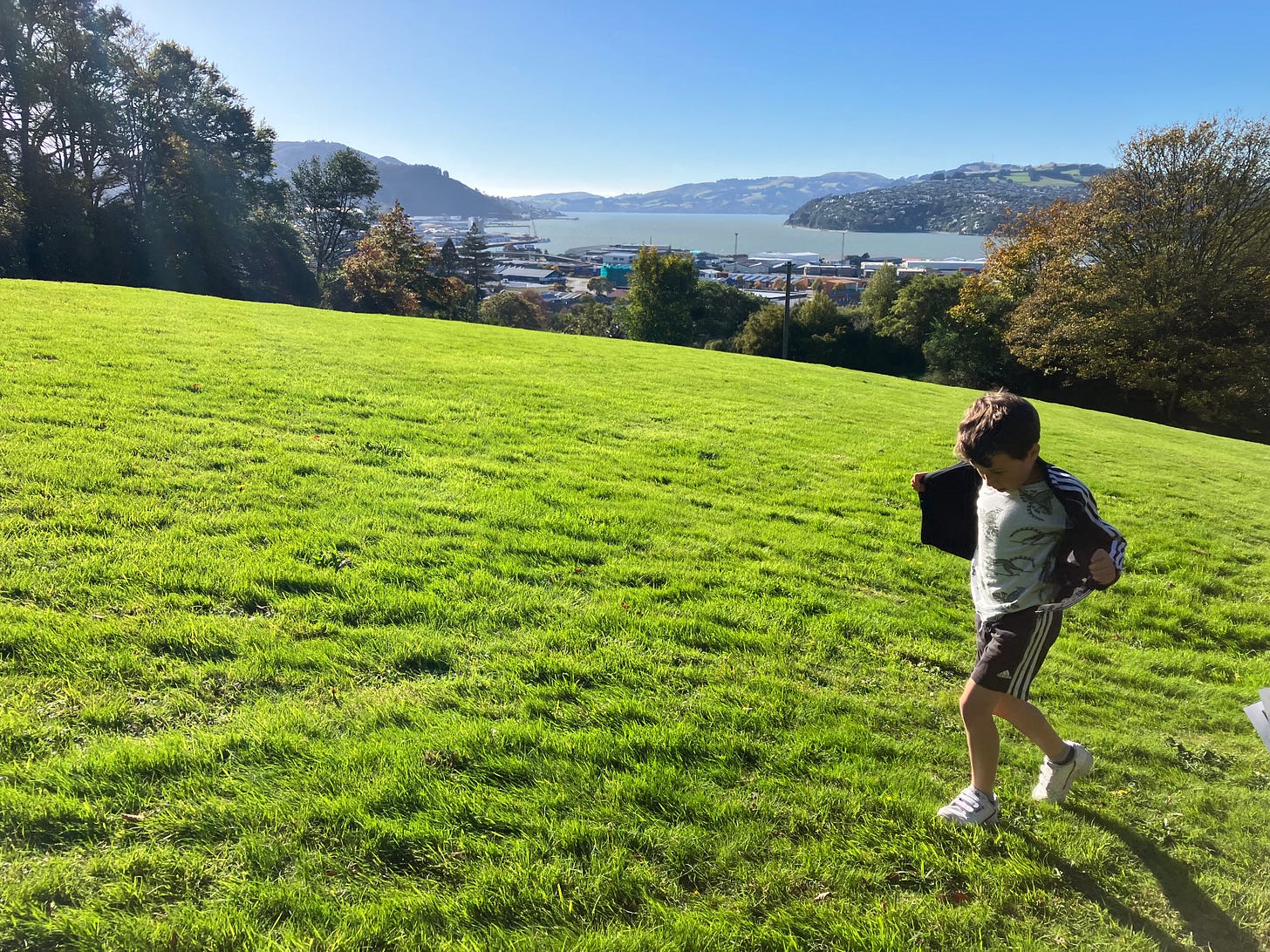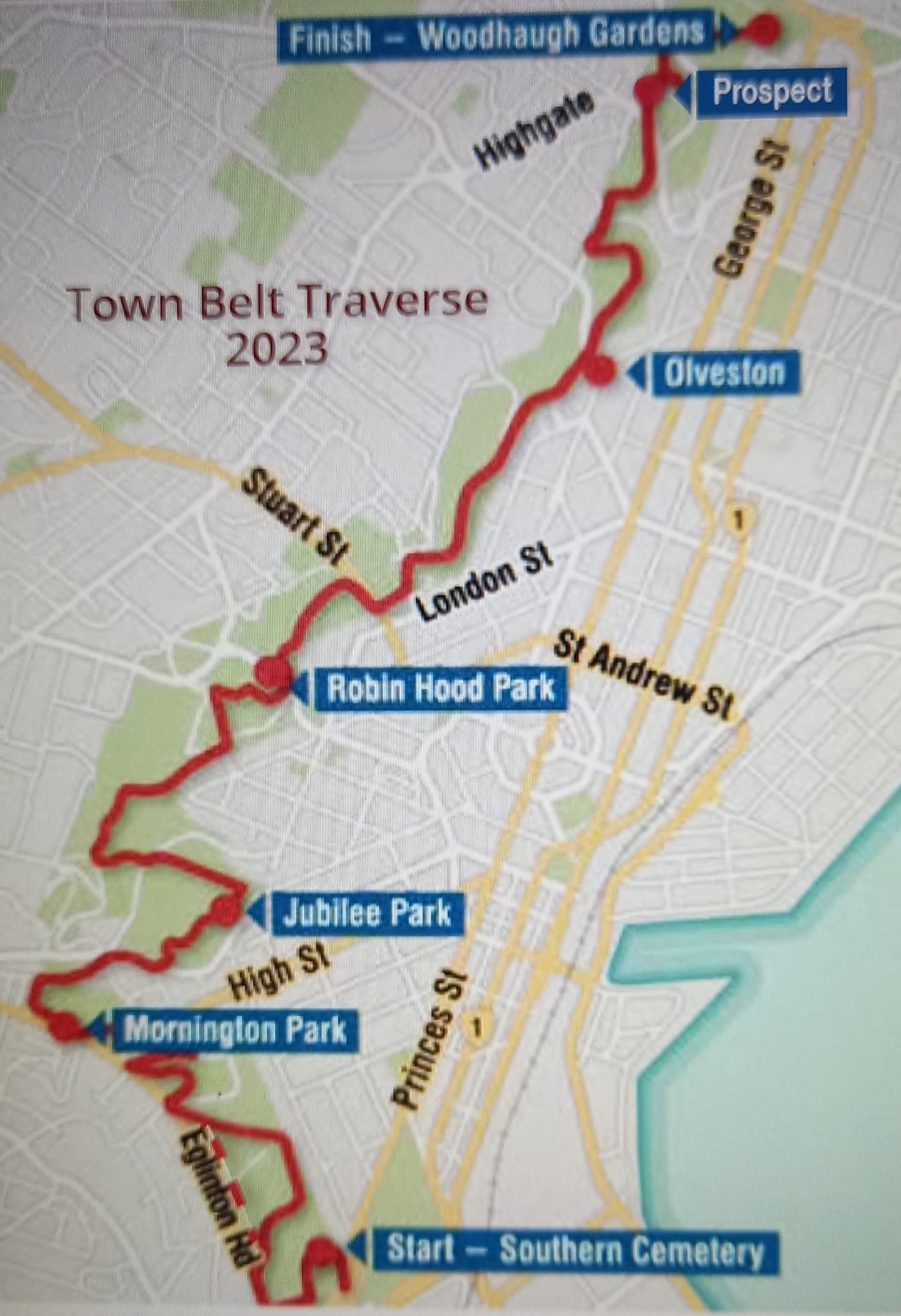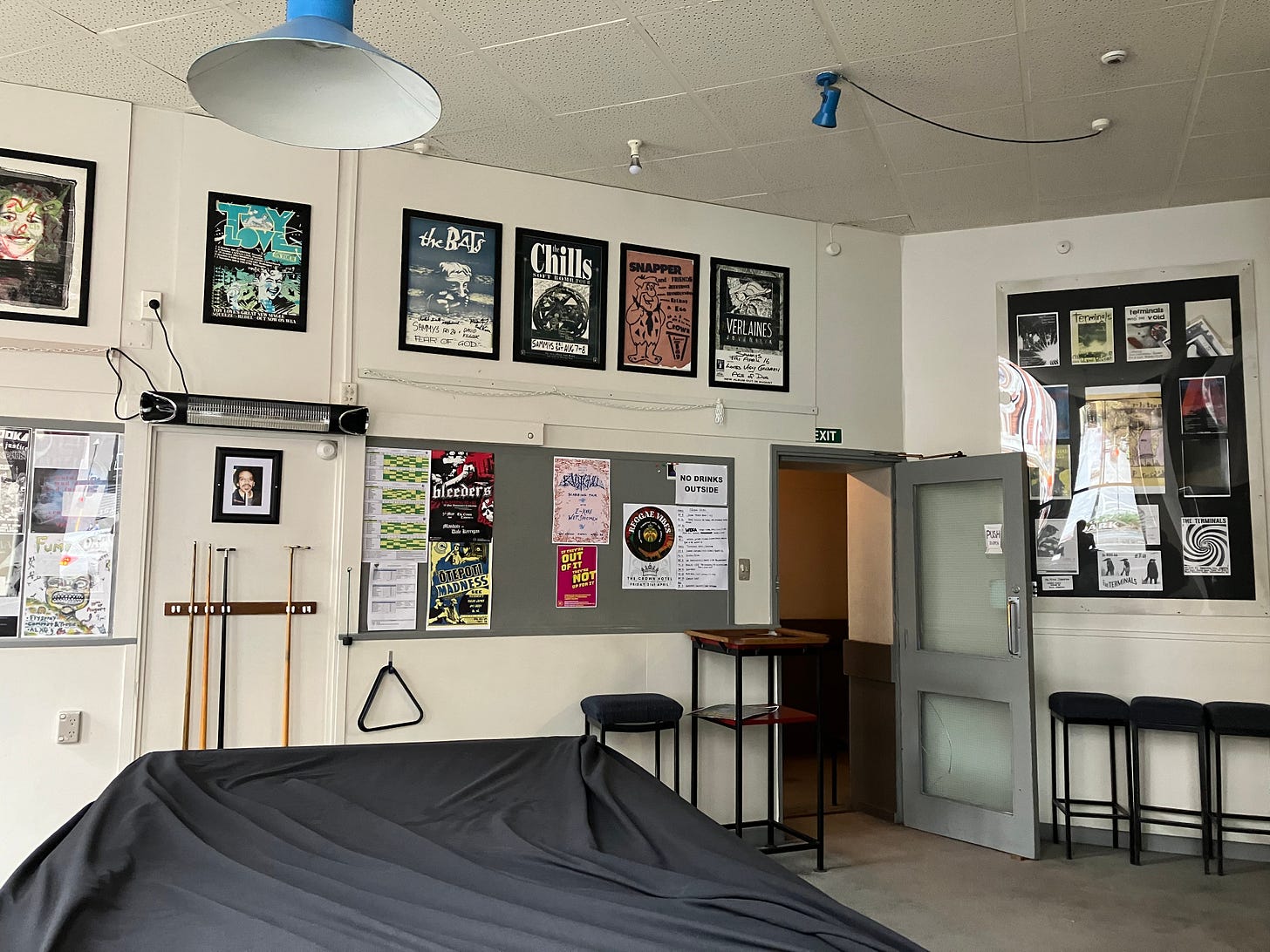A Dunedin live music venue faces an uncertain future after being hit with an unexpected bill for thousands of dollars.
Michael McLeod of Dive Bar and Music Venue received a demand for payment notice from the Australasian Performing Right Association (APRA) for $12,247.84, which included a $2000 collection fee.
That legal letter, sent on April 11, said if the amount was not paid then APRA may apply for the business to be placed in liquidation.
Owner Michael McLeod said the demand for payment was for a period when the industry was heavily impacted by Covid.
He had detailed to APRA all of the gigs that were cancelled, but the organisation later lost the information.
McLeod said he had all but forgotten about the payment when a person knocked on his door demanding payment.
“This is the first written piece of paper that I’ve received.”
He had run the venue, previously known as the Captain Cook, for five years and had returned to profit over the last two years.
“Hospitality is down, cost of living is really expensive and people are spending less going out for recreational social activities.”
McLeod, a musician himself with Dunedin band The Shifting Sands, had no issue with artists being paid, but the model used by APRA for live music appeared to be broken.
“It is unfair on small music venues, who are probably the candidate that least deserves to be lumped with a bill that people can’t decide who is responsible for.”
Australasian songwriters were entitled to receive a payment of royalties when their copyrighted works were broadcasted, streamed, or performed at a live concert, such as at Dive, he said.
The APRA model for live concerts used a cut-off figure of $35 for tickets, which effectively meant gigs with ticket prices higher than that figure became the responsibility of the promoter.
But those under $35 - the bulk of gigs at a venue like Dive - the onus fell on the venue.
Smaller venues did not receive any money from ticket sales, but relied on a venue hire fee as well as food and beverage sales.
Small venues should not be held liable by default for the payment of live performance royalties for events with a ticket price of under $35, McLeod said.
While that view was not popular with artists, as they receive the royalty payment, it also led to a recent case highlighting the “absurdity”, he said.
That came about during a nationwide tour by The Beths last year, with ticket prices being $34.90.
If those tickets were just 10 cents higher, they would then have fallen into the category of promoter, effectively cancelling their live performance royalties as copyright holders.
But with the tickets at $34.90 the band was able to claim live performance royalties from APRA, and the small venues would be sent a bill instead.
“It was clever of them, but it also highlighted how ridiculous the whole thing is, that 10c can mean I pay a bill.”
McLeod believed if it was too difficult for APRA to administer gigs charging under $35 a ticket, “they either need to not charge at all for them, or they need to figure out something that is actually fair”.
McLeod said he will pay a recalculated bill, with APRA putting the onus on him to do the calculations “when they could probably do the math themselves”.
Greer Davies, director of OneMusic, a brand of APRA, accepted that there was potentially a breakdown in communication between both parties.
It was essential that businesses, such as Dive, were able to provide how many days they had traded in the last 12 months, so they could invoice.
“We need the business owner to tell us what is accurate.”
It was likely that Dive’s bill would dramatically drop if those days were recalculated.
“I’m not expecting him to pay that invoice in one hit,” she said.
Meanwhile, McLeod noted that the United Kingdom had made live music venues exempt from these fees after a survey found that a third of live music venues had closed in the past decade, “and that these sorts of licensing fees were often the final nail”.
New Zealand could be similar, if Dunedin was any guideline, as the city had lost two live music venues in recent years – Dog with Two Tails and Starter’s Bar – while The Crown and Dive were facing uncertain futures due to nearby developments.
According to the 2021-22 financial year, APRA set a record for the Australasian music rights management organisation with gross revenue of $616.5 million, an increase of 21.6% on last year’s $506.9 million result.
If you want to know more about the issue, this is a good article from across the Tasman, or here is another story from Stuff.
I see a High St property smack bang in the ‘High Street Residential Heritage Precinct’ has been earmarked for demolition after a non-notified consent was granted.
A ‘Notice to Fix’ was issued for the site on 14 March 2018 (five years ago!) noting that “the structural wall on the Melville Street side of the building has failed due to cracking at the concrete foundation and is leaning towards the street”.
“It is currently being held in place by scaffolding.”
Another Notice to Fix was issued on 13 September last year, noting that the following building work had been carried out without building consent: “The removal of a structural wall holding up part of the first-floor level of the building.”
Yikes.
The owners submitted a building consent application back in October for “remedial work to construct and strengthen structural walls”.
Fast forward to last month, and the applicant had agreed that consent to demolish would not be granted until resource consent for a replacement building has been issued.
It was interesting to read that in 2012 a report raised the following:
“The existing building is not safe for occupation and should be evacuated as soon as possible. It is not sensible to attempt to repair the building and we recommend it to be demolished as soon as possible.”
The proposal “involves the demolition of a character contributing building that forms part of a visually integrated group of character-contributing/scheduled heritage buildings”.
“I feel confident that the proposed conditions will ensure that the replacement building will have the ability to lend the required quality heritage character to High Street,” the planner noted.
I note that another property facing it on the street was also demolished last year and a development is underway.
I put a LGOIMA request to the Dunedin City Council because I was curious about the amount of library fines wiped since the council announced they were dropping it in 2021.
This was are the answer:
The amount of fines waived by the Dunedin City Council is $136,917.53.
The council wasn’t able to release the highest individual amount without substantial collation, so if that could be you, or someone you know - hit me up.
But council confirmed that feedback had been positive, including library members who hadn’t used their card in a while because of debt, who are now using the library services more often.
Staff had also noticed that customers have been more positive and if a customer has an item on loan that is a popular request they are mindful about meeting the return date.
A good result, and I promise to return my kids’ (overdue) books…
On Sunday my family took part in the Town Belt Traverse as part of an event organised by the Dunedin Amenities Society (founded in 1888!).
My youngest wasn’t looking so carefree near the end.
Anyway, the reserve covers just over 200ha of central and north Dunedin, including the Botanic Garden, and it is worth your time.
The traverse is an 8.2 kilometre walk stretching from the eerily beautiful Southern Cemetery to Woodhaugh Gardens.
If you want to know more, the council has an excellent resource here.
But you don’t have to wait for the next traverse, just use the map above.
It is a reminder that the Wild Dunedin Festival is in full swing, and there are some cool events over the next few days, including kids going free at Orokonui, and $10 Monarch wildlife cruises.
Years ago, I worked as an immigration consultant in Auckland which was a fascinating job. From the pro bono cases of illegal immigrants to the love-sick Kiwi men desperately trying to bring their partners to New Zealand, it had it all.
I’ll always remember a former boss telling me that the fees were so high because people were so desperate to come to a country as stable as New Zealand. The job wasn’t really for me, and I began a journalism career soon after.
But he was right about people preparing to spend big money to come here, both legally and illegally.
We saw this unfold this week, and ICYMI I wrote this summary of a Dunedin case:
“Vulnerable migrant workers were exploited by trustees of a church set up to promote and advance Christianity in New Zealand, the Employment Relations Authority (ERA) has found.”
But if you want to see what is happening to some migrants in this country, I recommend reading the full decision:
Now for something completely different: if you know where the below photo was taken, please share in the comment section below.
I’m sure Cloudboy would have played at the above.
It was nice to read that the band, via Flying Nun, is releasing a newly remastered vinyl reissue of their 2001 album, Down at the End of the Garden, on Record Store Day (April 22) …for those who celebrate.
Check this out:











Top music venue The Crown 🎶🎵🎶
Was there on Tuesday night, playing pool and hooning the jukebox